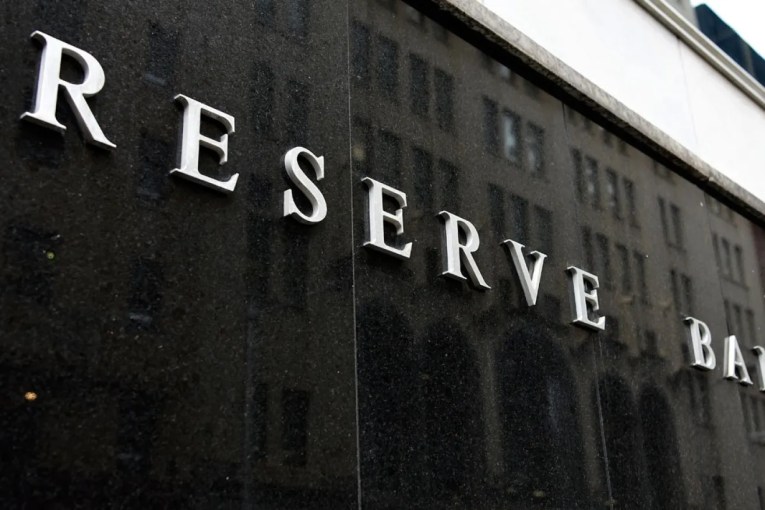Health insurance hikes: Bupa, nib, Qantas pass on rises up to $170 a year

Almost five million Australians face substantial hikes to their private health insurance premiums next week as major players pass on delayed price increases beginning October 1.
Health funds including nib, Bupa, GMHBA, Frank and Qantas will raise premiums between 2.72 per cent and 3.39 per cent, meaning some families will pay an extra $170 a year for insurance.
Lana Hambilton, head of health insurance at Compare the Market, said the increases stem from premium hikes that were delayed six months ago amid cost-of-living pressures.
“Typically, health funds adjust the price of their premiums on 1 April, but to help Australians manage the cost-of-living crisis and to make up for lower volumes of claims made during the height of the COVID-19 pandemic, many chose to delay,” Hambilton said.
“Other funds like ahm, Medibank, AIA and HCF, who delayed their rates, have now passed the increases on to customers. But the time has now come for other major health insurers to do the same.”
Bupa customers hardest hit
Bupa, with about 4.1 million customers, is the largest insurer to increase premiums in October, followed by nib (including Qantas) with 651,000 customers and GMHBA (including Frank) with about 370,000 members.
The price rises will be varied, with one customer of Qantas’ gold complete hospital plan being advised that their policy will rise by just $2.75 a month (or $33 a year).
But another Australian with a Bupa silver plus prime plan has been told to expect a $14.44-a-month price hike (or $173.20 annually).
“This just shows us that your health insurance premiums are determined by many different factors, such as your health fund, which policy you hold, where you live, your level of cover and whether you hold a couples, family or single policy,” Hambilton said.
“We also know that the average increase varies between funds, so now could be a good time to ensure you’re getting the most value from your policy.”
Health insurance myths
There are a few myths that often prevent Australians from switching their health insurance, even when their circumstances change.
One big one is that you need to serve waiting periods again when switching providers or plans – that is not the case, as funds will recognise any waiting periods you have served elsewhere.
But be careful because you’ll still need to serve a waiting period for new or upgraded services and benefits in your policy; as ever, the best approach is to read the product brochure carefully.
Hambilton said those considering moving their policy should think about what health services they’re likely to need in the coming year because one mistake Australians often make is paying for things they don’t need through comprehensive plans that are often very pricey.
“If your health circumstances have changed, you may be able to switch to a lower hospital insurance tier that still includes everything that’s important to you,” she said.
And while major insurers are hiking premiums, there are a series of hot deals around at the moment including extra rewards and perks for people who switch their insurance provider.
Hambilton said some insurers are even offering several free weeks to people on sign up.
“You may even be able to access exclusive wellbeing and reward programs,” she said.
“Just be mindful that free periods, perks and rewards are usually available for a limited time on eligible policies, so ensure that you’re factoring this in when weighing up your options.”








